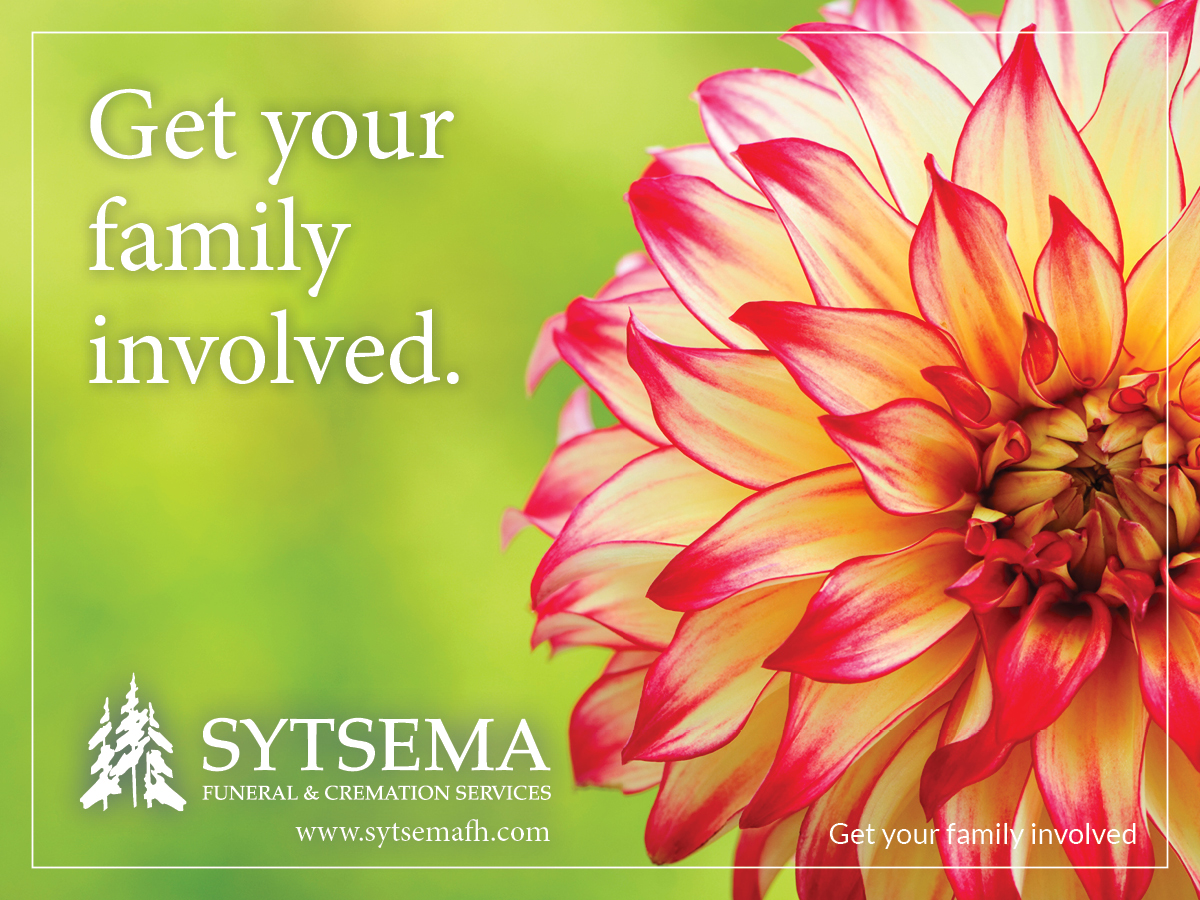When death is near or has just occurred, there are so many things to do and yet there is nothing you can do. You feel helpless. You can’t make the person well or bring them back. But you know you will, very soon, need to make many decisions about the service, the final resting place, the music, food, flowers, donations, clothing and much more. Your mind is racing and oddly enough, at the same time, at a complete standstill. On one hand it feels like it is too soon to do anything. You’re just not ready. But at the same time, you feel the weight of all that is coming.
This is stress. It is hard. If you can, reach out to your family and friends and let them help you. Have your son or daughter get the older grandchildren involved in pulling together pictures and music. They are really good at this stuff. Going through the pictures brings back happy memories and it’s one of the most therapeutic chores that comes with funeral preparation. Let them do something that will help them – they are dealing with this loss too.
If would you would like family and friends to donate to a charity, put someone in charge of looking into that. Have your daughter-in-law pull together a few clothing choices for your final selection. Send your son-in-law to the cemetery or have him get the cars washed. You may want to delegate the task of writing the eulogy and obituary. Give someone the job of gathering information for the funeral luncheon or brunch.
Spread the work around. Let go, embrace help and give them something to do. You’ll feel better that things are getting done and they’ll feel better because they are involved and helping.





